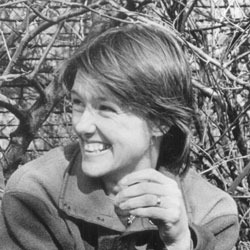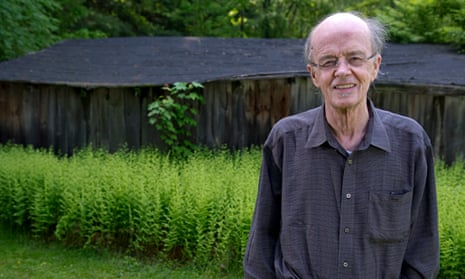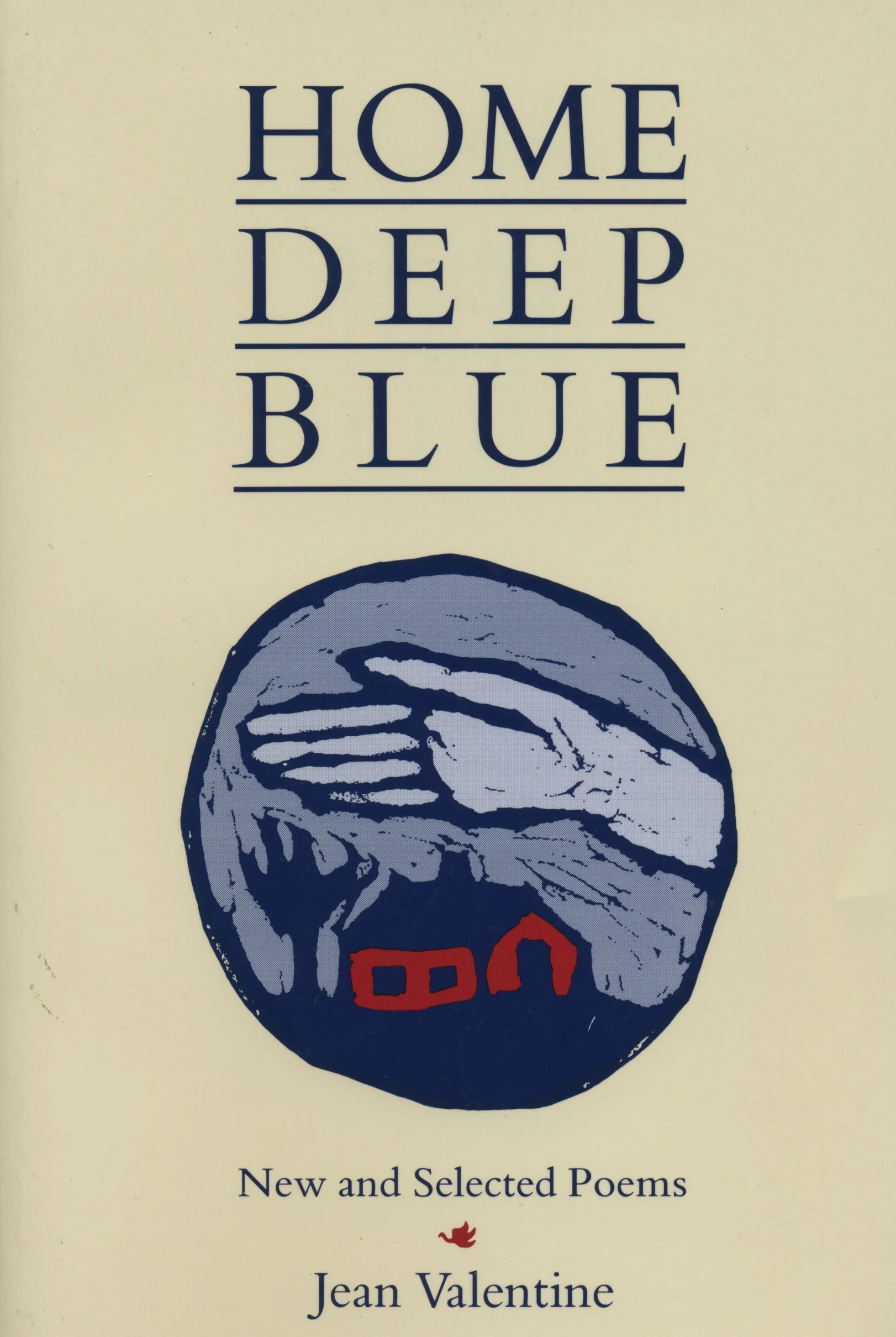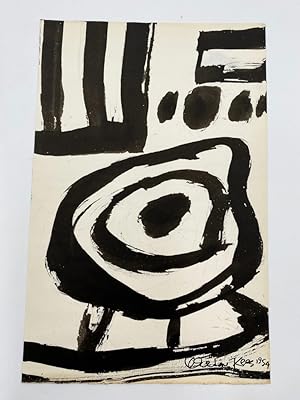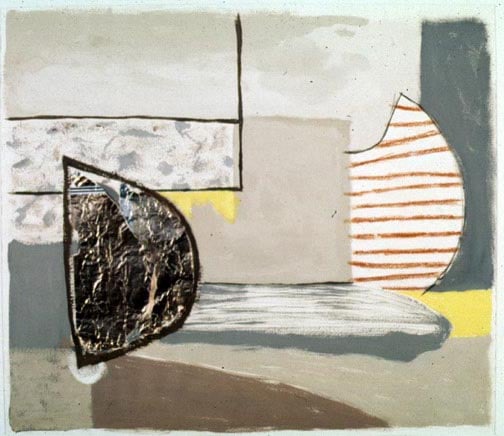Conjuring Roethke
Prickle a lamb,
giggle a yam,
beat a chrysanthemum
out of its head
with a red feather.
Dream of a pencil
or three airmail stamps
under your pillow.
Thank the good fairy
you're not dead.
The heat's on,
the window's gone,
the ceiling is sorry
it hurt you.
But this is not air
holding your hand,
nor weasels beneath
your dirt rug.
I think the corks
are out of breath,
the bottles begin
laughing a zoo.
I wish you were here.
The calendar is red,
a candle closes
the room.
If this is the life
we are all leaving
it's half as bad.
Hello again mad turnip.
Let's tango together
down to the clear
glad river.



